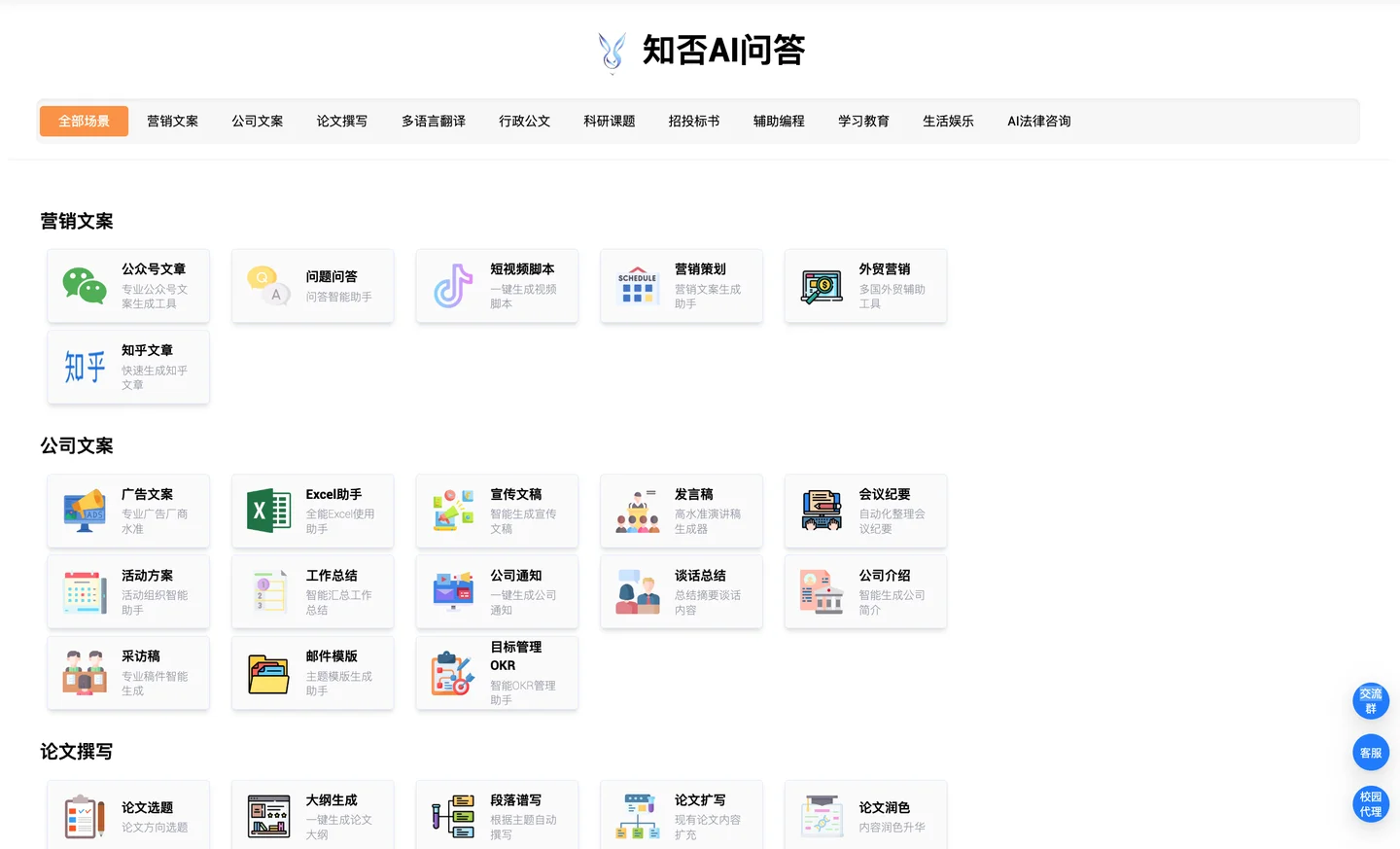Algorithmia is a MLOps (machine learning operations) tool founded by Diego Oppenheimer and Kenny Daniel that provides a simple and faster way to deploy your machine learning model into production.
Algorithmia

Algorithmia specializes in
"algorithms as a service"
. It allows users to create code snippets that run the ML model and then host them on Algorithmia. Then you can call your code as an API.
Now your model can be used for different applications of your choice, such as web apps, mobile apps, or e-commerce, by a simple API call from Algorithmia.
Supported Programming languages The good thing about Algorithmia is that it separates Machine Learning concerns from the rest of your application. In this case, you have to call your model and make predictions as an API call. Your application will be free of the concerns of a machine learning environment. Here's a good resource for you to learn more about Algorithmia. Machine Learning Model Deployment Option #2: PythonAnywhere PythonAnywere is another well-known and growing platform as a service based on the Python programming language. It makes it easy to run Python programs in the cloud, and provides an straightforward way to host your web-based Python applications.PythonAnywhere
You can use any Python web framework like Flask to deploy your machine learning model and run it on the pythonAnywhere platform in just a few minutes.
Keep in mind that pythonAnywhere does not support GPU. If you have a deep learning model relying on CUDA and GPU, you need to find a good server to accommodate your model requirements (check the following platforms).
Here are resources for you to learn how to run your machine learning model on PythonAnywhere:
Machine Learning Model Deployment Option #3: Heroku
Heroku is a cloud Platform as a Service that helps developers quickly deploy, manage, and scale moderns applications without infrastructure headaches.
Heroku

It offers a wide range of services and tools to speed up your development and helps you avoid starting everything from scratch. It also supports several widely used programming languages like Python, Java, PHP, Node, Go, Ruby, Scala, and Clojure. The good thing about Heroku is that it makes it easy to create, deploy and manage your app. You can do this right from the command line using the Heroku CLI (available for Windows, Linux, and Mac users).On the deployment part, you can upload your trained machine learning model and source code onto Heroku by linking your Github repository to your Heroku account.
Here are resources for you to learn how to deploy your model on the Heroku platform.

Machine Learning Model Deployment Option #4: Google Cloud Platform
Google Cloud Platform (GCP) is a platform offered by Google that provides a series of cloud computing services such as Compute, Storage and Database, Artificial Intelligence(AI) / Machine Learning(ML), networking, Big Data, and Identity and Security.
Google Cloud
Google Cloud Platform provides infrastructure as a service, platform as a service, and serverless computing environments.

Google cloud platform offers three ways to deploy your machine learning model.
Google AI Platform
Google AI平台提供全面的机器学习服务。数据科学家和机器学习工程师可以使用这个平台更有效地从构思到部署处理机器学习项目。
谷歌云人工智能平台服务
有了谷歌人工智能平台,你可以在一个屋檐下访问它的所有资产。包括数据准备、模型训练、参数调优、模型部署,以及与其他开发者共享机器学习模型。

谷歌应用引擎
Google App Engine是Google提供的平台即服务(PaaS ),支持开发和托管不同的可扩展web应用程序。
谷歌应用引擎
Google App Engine提供了自动缩放功能,可以自动分配资源,这样您的web应用程序就可以处理更多的请求。
它支持流行的编程语言,包括Python、PHP、Node.js、Java、Ruby、C#和Go。
因此,您可以使用Flask框架或您知道的任何其他框架在Google App Engine上部署您的模型。
想了解更多,可以访问这里的平台。
谷歌云功能

你需要做的就是用任何一种支持的编程语言写一小段代码(函数),然后托管在Google Cloud函数上。在这种情况下,你不& # 39;你不需要面对维护你自己的服务器的困难。
谷歌云功能
所有在Google Cloud Functions上创建和托管的功能,在需要的时候都会在云端执行。您可以通过使用不同的触发器将云函数调用到您的应用程序。最常见的方法是使用HTTP调用。
AWS Lambda allows your code to be associated with other AWS resources such as Amazon DyanamoDB table, Amazon S3 bucket, Amazon SNS notification, and Amazon Kinesis stream.

You can write Lambda functions in the following supported programming languages: Python, Java, Go, PowerShell, Node.js, Ruby, and C# code.
How AWS Lambda Deployment works
AWS Lambda is very cheap because you only pay when you invoke the lambda function (that is, when you make prediction requests). It can save lots of money compared to the cost of running containers or Virtual Machines.
If you want to monitor the lambda functions you have created, AWS Lambda will do it on your behalf.

Then you can view the statistics for each lambda function by using AWS Lambda Console or Amazon CloudWatch Console.
Here are some resources for you to learn how to deploy your model in the Azure Functions.
And a Bonus Machine Learning Model Deployment Option: the mc2gen Library
I have a bonus option for you if the mentioned platforms above do not fit your requirements. Do you know that it is possible to transform your trained machine learning model into the programming language of your choice?
Yes, you can convert your model by using the m2cgen Python library developed by Bayes' Witnesses. m2cgen (Model 2 Code Generator) is a simple Python library that converts a trained machine learning model into different programming languages
It currently supports 14 different programming languages including Go, C#, Python, PHP, and JavaScript. The m2cgen library supports regression and classification models from scikit-learn and Gradient boost frameworks such as XGBoost and LightGBM (Light Gradient Boosting Machine).
要了解更多关于这个库的信息,我建议您阅读我的mc2gen指南。我解释了如何使用库,然后将训练有素的机器学习模型转换为三种不同的编程语言,然后进行预测。

结束
如果你要从事机器学习项目,机器学习部署是你应该掌握的重要技能之一。上面提到的平台可以帮助您部署模型并使其变得有用,而不是将其保留在本地机器中。
祝贺你
👏👏
,

如果你学到了一些新的东西或者喜欢阅读这篇文章,请分享给其他人。在那之前,下一篇文章见!你也可以在推特上找到我@Davis_McDavid。
With serverless, you can write a snippet of code that runs your model and then deploy the code and machine learning model on Azure Functions and call it for prediction as an API. Azure functions are similar to Google cloud functions.
Azure Functions supports different functions developed in C#, F#, Node.js, Python, PHP, JavaScript, Java 8, Powershell Core, and TypeScript.
If you have a big machine learning model, then Azure functions is the right choice for you. It supports the deployment of large ML packages such as deep learning frameworks (Tensorflow and Pytorch).
Here are resources for you to learn how to deploy your model in Azure Functions.
Machine Learning Model Deployment Option #7: AWS Lambda
AWS Lambda is a serverless computing service provided by Amazon as part of Amazon Web Services. AWS lambda helps you run your code without managing the underlying infrastructure.

With Lambda, you can upload your code in a container image or zip file. Lambda will automatically allocate computational power to run your code based on the incoming requests or events without requiring you to configure anything.
AWS Lambda allows your code to be associated with other AWS resources such as Amazon DyanamoDB table, Amazon S3 bucket, Amazon SNS notification, and Amazon Kinesis stream.
Therefore you can easily deploy your machine learning model on AWS Lambda, and you can access it through an API using Amazon API Gateway.
You can write Lambda functions in the following supported programming languages: Python, Java, Go, PowerShell, Node.js, Ruby, and C# code.

AWS Lambda is very cheap because you only pay when you invoke the lambda function (that is, when you make prediction requests). It can save lots of money compared to the cost of running containers or Virtual Machines.
If you want to monitor the lambda functions you have created, AWS Lambda will do it on your behalf.
AWS Lambda will monitor real-time metrics including error rates, total requests, function-level concurrency usage, latency, and throttled requests through Amazon CloudWatch.
Then you can view the statistics for each lambda function by using AWS Lambda Console or Amazon CloudWatch Console.
Here are some resources for you to learn how to deploy your model in the Azure Functions.
And a Bonus Machine Learning Model Deployment Option: the mc2gen Library
I have a bonus option for you if the mentioned platforms above do not fit your requirements. Do you know that it is possible to transform your trained machine learning model into the programming language of your choice?
Yes, you can convert your model by using the m2cgen Python library developed by Bayes' Witnesses. m2cgen (Model 2 Code Generator) is a simple Python library that converts a trained machine learning model into different programming languages
It currently supports 14 different programming languages including Go, C#, Python, PHP, and JavaScript. The m2cgen library supports regression and classification models from scikit-learn and Gradient boost frameworks such as XGBoost and LightGBM (Light Gradient Boosting Machine).
To learn more about this library, I recommend that you read my read my guide to mc2gen here. I explained how to use the library and then convert a trained machine learning model into three different programming languages and then make a prediction.
This Python library will help you deploy your model into environments where you can't install your Python stack to support your model prediction.
Wrapping Up
Machine learning deployment is one of the important skills you should have if you're going to work on machine learning projects. The platforms mentioned above can help you deploy your model and make it useful rather than keeping it in your local machine.
Congratulations 👏👏, you have made it to the end of this article!. I hope you have learned something new that will help you in your career.
If you learned something new or enjoyed reading this article, please share it so that others can see it. Until then, see you in the next post! You can also find me on Twitter @Davis_McDavid.






